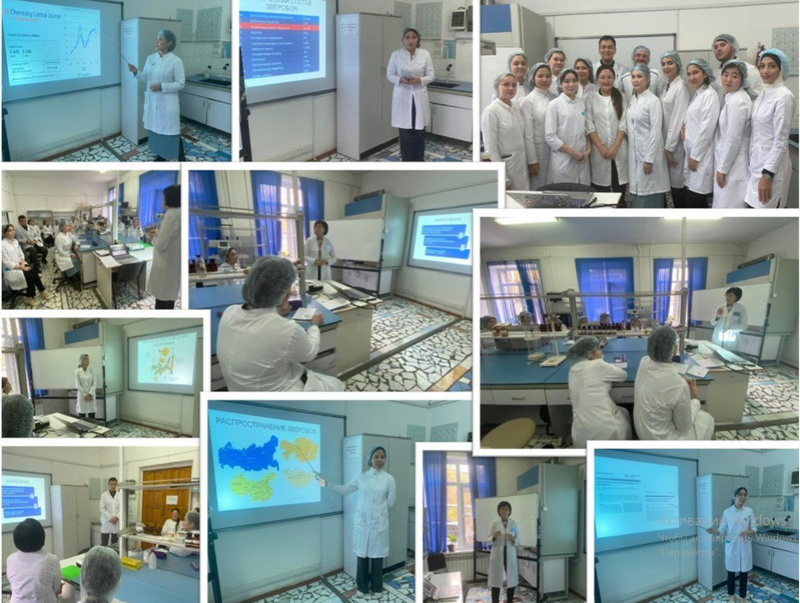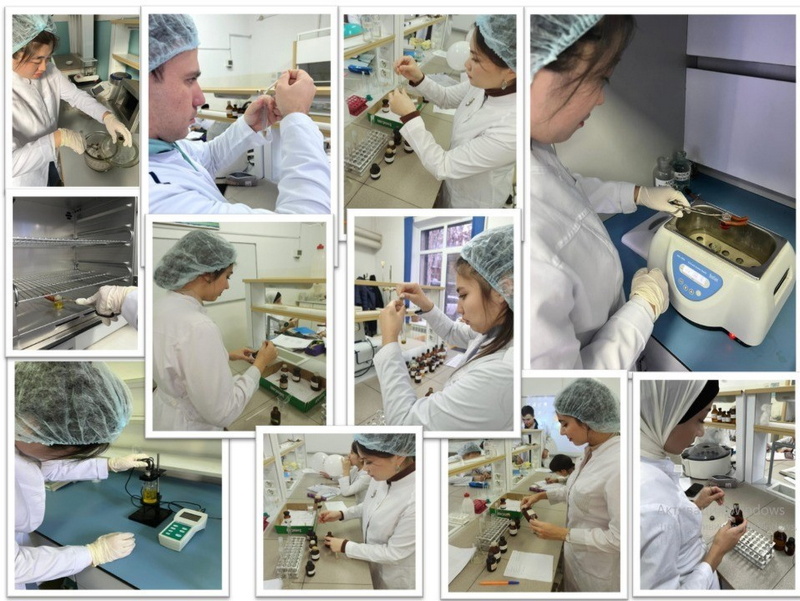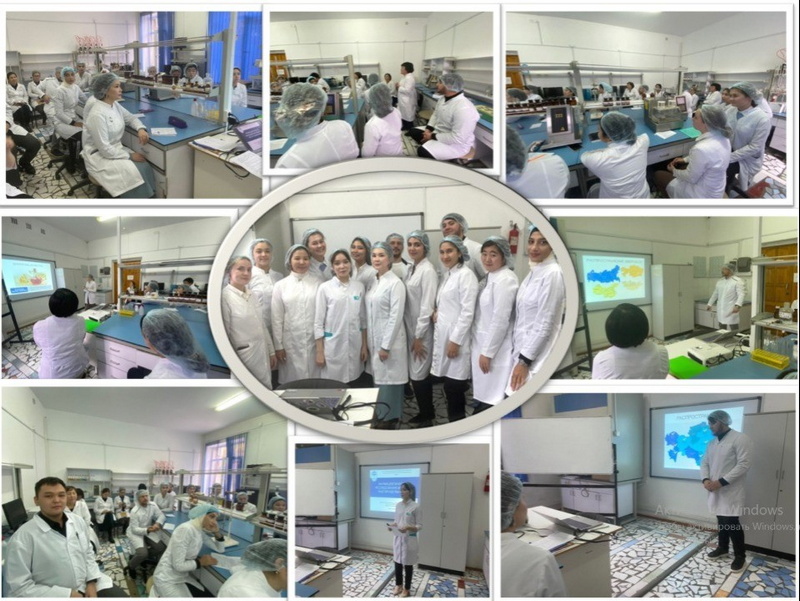Project-oriented learning as a means of capacity development of future Pharmaceutical analysis specialists
One of the priority tasks in the teaching methodology is the search and implementation of effective methods, educational technologies and forms of organization of the educational process that would meet the requirements of modern education standards, which provide for the graduates to have a certain set of professional competencies. One of the most promising educational technologies, which combines theoretical and practical components, creativity and self-organization of students in the learning process, is project-oriented learning.
Project-oriented training was introduced in the discipline "Pharmaceutical Chemistry" at the Department of Pharmaceutical and Toxicological Chemistry to develop the skills of quality control and standardization of medicines in undergraduate students of the educational program "Pharmacy".

To implement the idea of the project, the group V-FO-04-19 was selected, divided into two small subgroups. The following topics of scientific research are fixed:
1. Pharmaceutical study of dandelion water infusion
2. Standardization of water extract of St. John's wort
The calendar plan-schedule of the project implementation was approved. On November 4, 2022, the faculty of the Department of Pharmaceutical and Toxicological Chemistry heard an interim report on the implementation of the project tasks.
At the first stage, according to the plan, students registered and analyzed international scientific databases such as Scopus, Web of Science, Google Scholar, etc. A patent search was carried out.
At the second stage, the students carried out research work to establish and comply with the quality indicators of dandelion and St. John's wort infusions with the requirements of regulatory documentation.

The practical significance of implementing the project-based learning method lies in increasing the competitiveness of the future generation of pharmaceutical personnel at the international level, developing professional interaction between specialists for progressive growth and development in a modern multiscientific environment.

When listening to the interim report, it was concluded that this teaching method contributes to the accumulation of teamwork experience by students, makes it possible to significantly intensify the learning process, intensify the research activities of students, make it productive and directly link the study of the disciplines of the department with the context of the competence "Scientist-researcher"
 784 views
784 views
